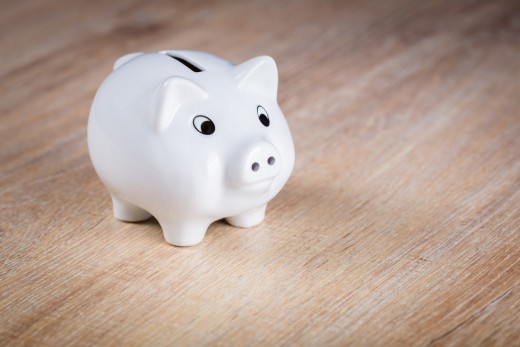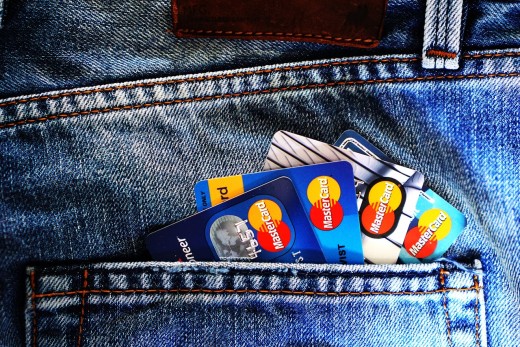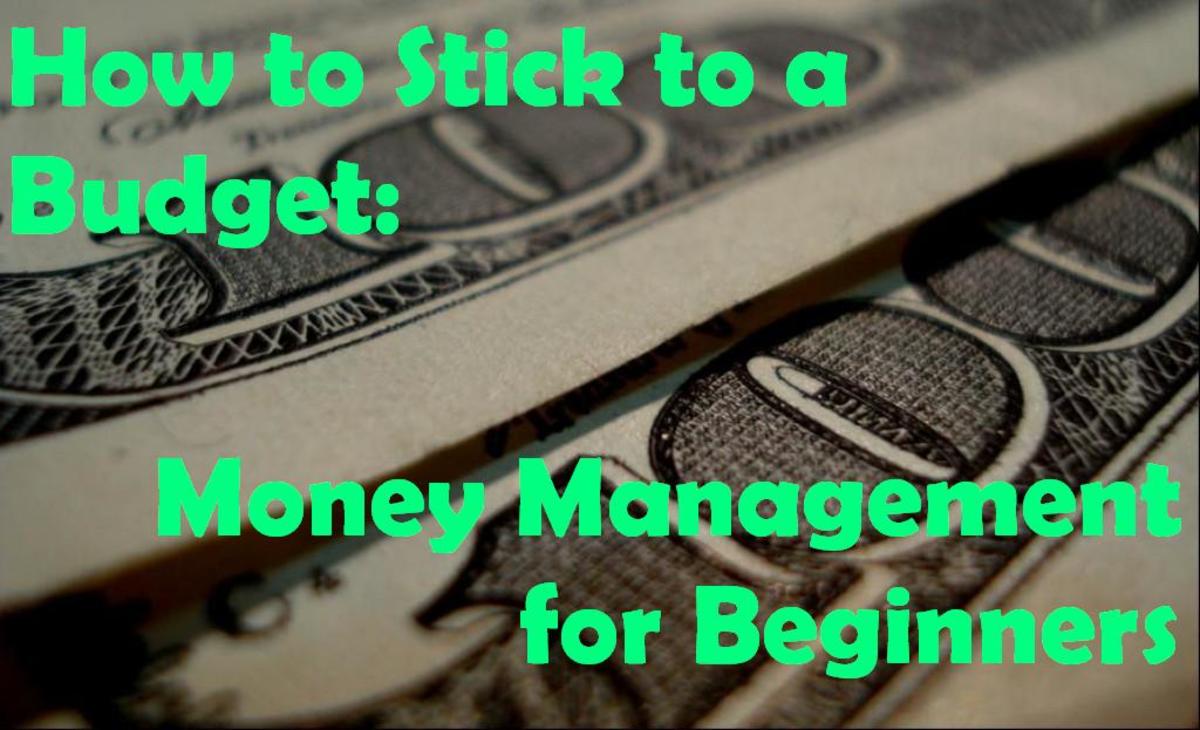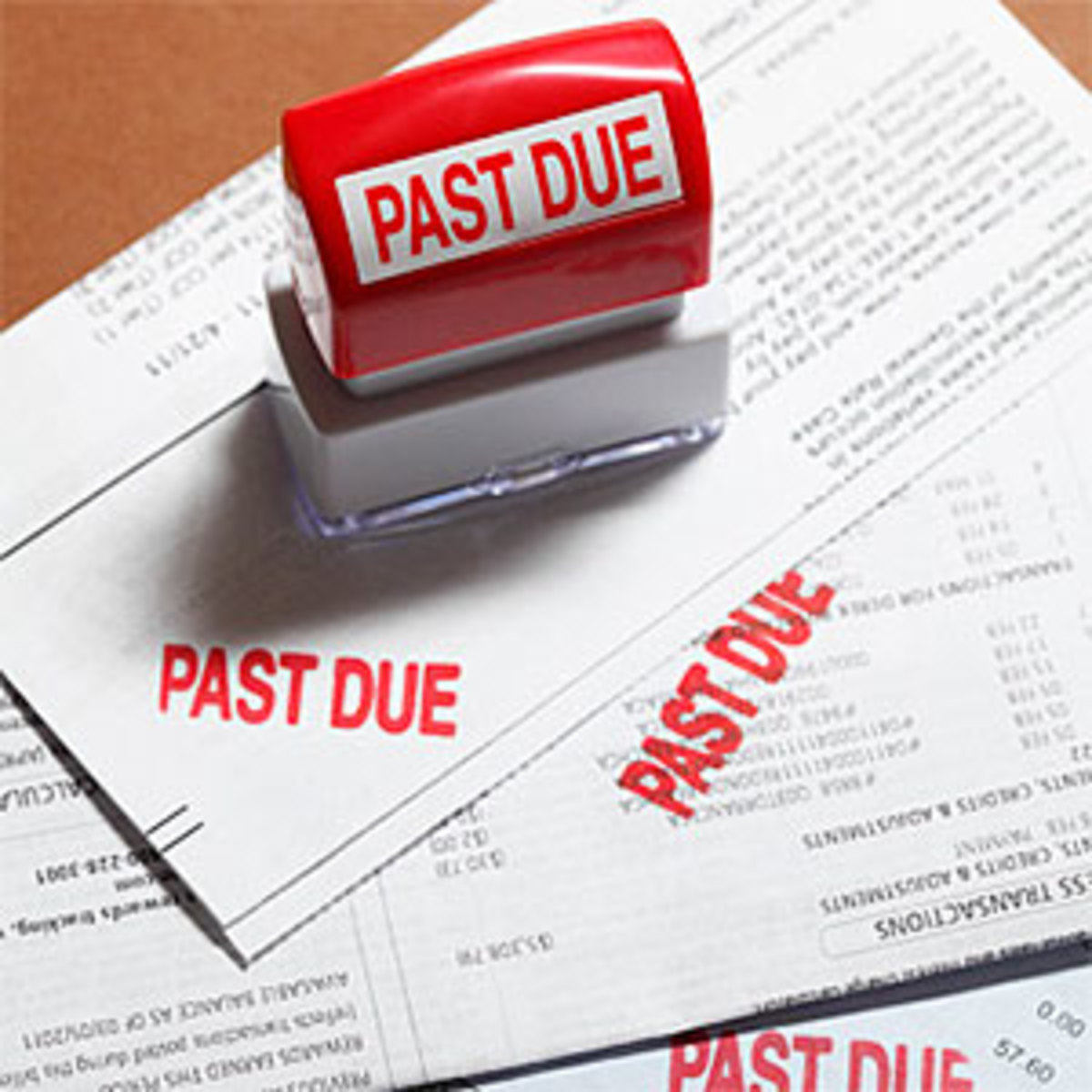How to Manage Money in Your 20s: The Basics
First, Don't Panic!
Understanding how to track your daily expenses and bills, manage your debts, and plan for retirement, all while building up your savings, is an important step towards a secure and successful adult life. If you’ve done a little Google searching yourself already, words like “loans,” “debt,” “credit score,” and “budget” can seem a little overwhelming. There’s a reason why there are financial consultants and professionals who dedicate years to learn everything there is to know about the world of money.
But, no need to panic! To manage your finances, there are just a few basic financial concepts and personal money management skills you need to understand to ensure a healthy financial future.
Let’s get started.

How to Budget
Every penny overspent will make you a penny poorer. So the first thing you need to do to get a firm grip on your finances is to create a budget. Money experts recommend dividing each paycheck into three categories: essentials (rent, bills, food), priorities (debt payments, retirement savings, etc.), and luxuries (dining out, things you want but don’t need, etc.).
Here are a few strategies to help you budget effectively:
-
Prioritize your spending
Determine the bare basics you need to live. If it doesn’t keep your stomach full, keep you warm, or maintain a roof over your head, cut it out. Then slowly add a few luxuries back in only if you can afford them. Don’t make the mistake of spending on things you don’t need before you take care of your necessities.
-
Go cash only
Leave your cards at home if you need to. Allocate exactly enough cash you need for the month and spend only the cash you’ve made available for yourself. Physically pulling money from your wallet will make you more aware of how much you spent, and therefore much less likely to go over-budget.
-
Use apps to visualize your spending
There are many mobile apps out there to help you keep an eye on your expenditure. Apps like Mint will keep track of where your money is going and will warn you when you’re approaching or have exceeded your budgets.
-
Find fun alternatives to socialize without spending
Hanging out with your friends doesn’t always mean that you have to eat out at restaurants, bars, or clubs. Host a potluck dinner. Play some board games. Do a Netflix marathon. There are plenty of things you can do with your friends that don't involve money.
Remember!
-
Be strict
You are your worst enemy when it comes to budgeting, so you have to make that budget and stick to it! Even an extra coffee here and there can add up to hundreds of dollars at the end of the month. -
Be flexible
Like everything else in life, your finances are not always predictable. So, if you feel that your budget is just not working for you, it’s okay to reassess and adjust your budget to make sure you stay on track. -
Be realistic
If you just started working, don’t expect to be able to eat out every weekend and splurge on Friday night drinks with your friends. Be prepared to make compromises. The glamorous life can come later.
Poll: Food Budget
How much do you spend on food per week?

When Do You Need to Save?
It’s never too early to start saving. Whether it is saving for a rainy day or retirement, knowing you always have money in the bank can do wonders for your mental and financial health.
Here are a few strategies to maximize your savings:
-
Put something into your savings every paycheck
Even if it’s just a few dollars, save a little from every paycheck. If you can put aside even $5 from each paycheck, and assuming you’re paid every two weeks, you’ll save $10 a month. In a year, you’ll be able to save $120, which is nothing to scoff at!
-
Save and forget
“Extra” money is a very tempting thing, so it’s important to protect it - from yourself! When you put money aside, as long as it’s safe, just forget about it. Pretend it’s not there so you won’t feel the impulse to spend it.
-
Cut down your bills
Too often, when we sign up for services, we set up a recurring payment plan and then forget about it. But you could be losing valuable savings on those monthly bills! Always look for newer, better deals on monthly bills like internet and mobile plans. Go through all the bills you’re paying at least every few months to make sure that you’re paying for only what you absolutely need. Are you paying too much for cable? Cancel it and sign up for Netflix instead.
Remember!
Every penny counts, so don’t stress if you can’t manage to save as much as you would like. As long as you’re in the black at the end of every month, give yourself a pat on the back.
Poll: Save More
Do you think you can save more than you are now?

Start Handling Your Credit Wisely Now
How you handle your credit will determine your credit score, which will determine your financial standing with banks and other future investors. If you have a high credit score, you’re telling investors that you’re responsible, know how to handle your money, and are a trustworthy and safe investment.
Here’s what you need to do to start building a healthy credit score:
-
Choose the right card
Whenever possible, always choose a credit card with no annual fee. If that’s not an option, there are often ways to avoid the annual fees (such as maintaining a minimum account balance), so make sure you do your research and understand exactly what you’re signing up for. -
Limit to one-two cards only
Don’t complicate your finances more than necessary. So only sign up for one or two cards. The fewer credit cards you own, the easier it is to keep track of how much money you owe. -
Never max out credits cards
If you consistently max out your credit cards, you could be flagged for irresponsible credit card usage. Banks and future loaners will see that as a sign that you’re either unable to pay off your debt or are not very good at managing your finances. If they don’t think you’re a trustworthy investment, you could have a hard time getting loans in the future. -
Spend only what you can afford to pay off in full
Just like you should never max out your credit limits, you should always pay off your balance owing in full. If you don’t have the money, don’t spend it! Simple as that. When future investors see that you’re able to pay off your credit card debt in full every month, they’re more likely to approve your future loan applications because they know they can trust you to pay them back.

How to Manage Your Debt and Loans
Not all debt is the same. Believe it or not, there is “good” debt just as there is “bad” debt.
"Good" Debt
| "Bad" Debt
|
|---|---|
Has lower interest rates and is a good investment. Mortgages are considered “good” debt because the value of real estate will almost always continue to increase.
| Has high interest rates and can often be avoided. Credit card debt is an example of “bad” debt because interest rates are often quite literally bank-breaking and most things you buy with a credit card can only depreciate over time.
|
Here are a few tips to manage your debt well:
-
Never take on more debt than necessary
Know exactly what you can afford and never take on more debt if you don’t need to. If you’re in a situation where you do need to take out a loan, make sure you have a firm grasp of your financial situation and are 110% sure you can pay the debt back in a reasonable amount of time so you don’t have to pay more interest than necessary. -
Pay off bad debt first
Bad debt can make or break your financial health in a blink of an eye, so make sure you pay them off as quickly as possible. -
Low interest is good
When choosing a credit card, bank, and/or dealership, go through the fine print and make sure you’re getting the best deal. You don’t have to choose the first deal on the list. Take your time to shop around, and you’ll be saving yourself a lot of stress down the road. -
Include debt payments into your budget
There’s no point in saving money when you forget to make your debt payments. So remember, when calculating your budget, to include your debt payments and the amount of money you want to put into savings.
Don't Forget
If you’re not sure where to start, ask for help! You can work with consultants at your bank or creditors to help you come up with a debt payment plan so you can be sure that you start off on the right foot. And since you've read this far, you obviously recognize the importance of money management, so you can already give yourself a pat on the back!
© 2017 KV Lo








